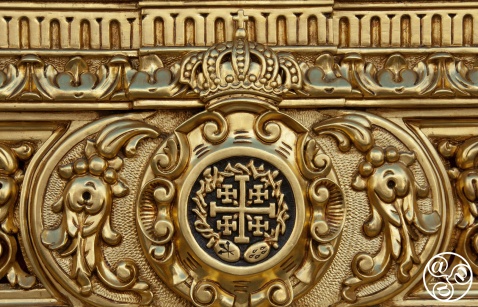
Like most festivities in Spain, Carnaval has religious origins. |
|
Cadiz Carnival - Fascinating Facts 2 - Religious roots
Carnaval´s timing is closely tied to religious festivals, like most Spanish fiestas, but also has roots in classical times
Like most festivities in Spain, Carnaval has religious origins, in terms of its timing and character at least. Celebrated in the week before Ash Wednesday, which marks the beginning of Lent, it was an opportunity to indulge all urges before the abstinence of the Cuaresma (40-day period) started. Other theories trace the general idea of Carnaval, with its love of excess, indulgence and licentiousness, back to popular festivals in ancient Greece and Rome: the Saturnalia, when masters served dinner to their slaves, and the social order was inverted (see Fact III ); the Bacchanalia, celebrations held in honour of Bacchus, the Roman god of wine and theatre; or the Lupercalia, the spring pastoral fair for the Greek god and musician Pan.
- Fact 1 - Franco banned the Cadiz Carnaval, but it carried on
- Fact 2 - Carnaval´s timing is closely tied to religious festivals, like most Spanish fiestas, but also has roots in classical times
- Fact 3 - Costumes aren't just about dressing up
- Fact 4 - The Venice Carnival was also a major influence
- Fact 5 - Listen to beats from all over the world at Cadiz Carnaval Cadiz Carnival - Fascinating Facts
Fascinating Facts - Home
Cadiz - City Guide
Cadiz city - Fascinating Facts